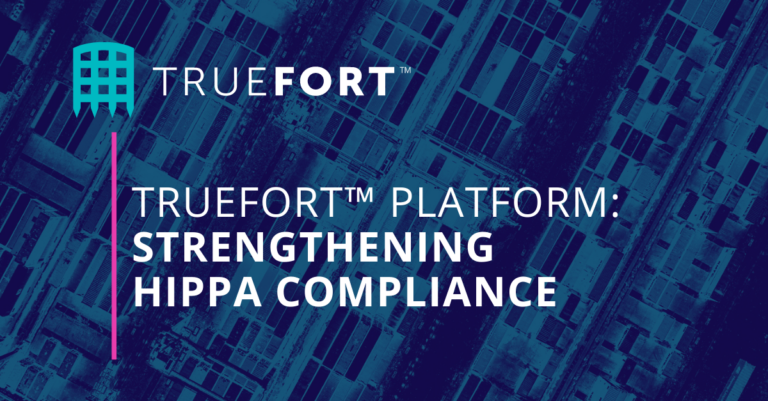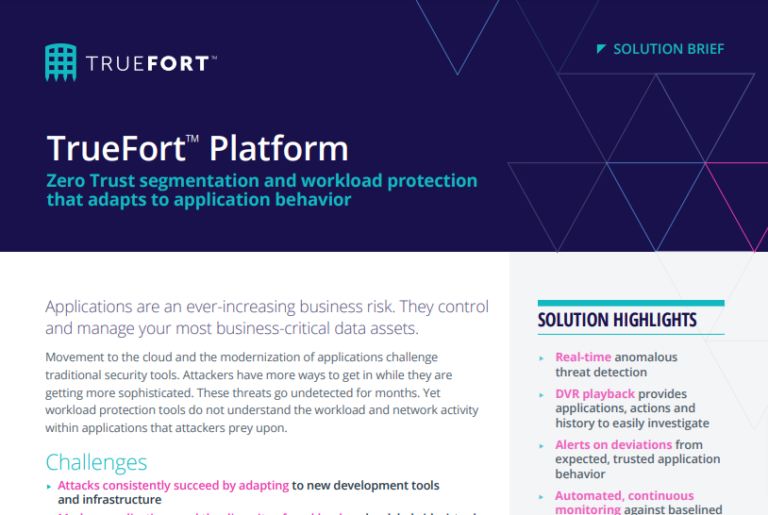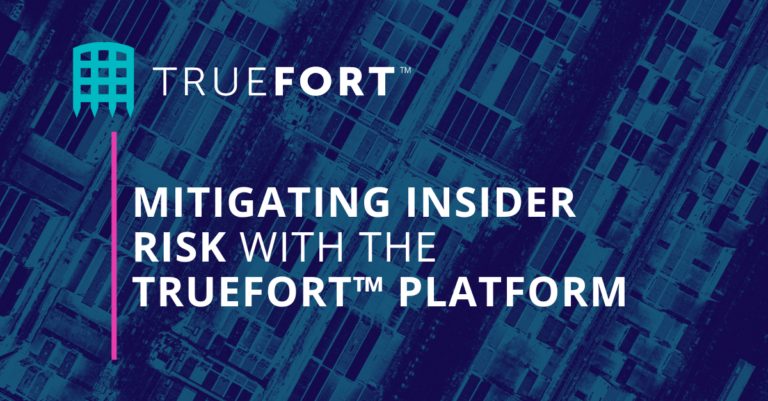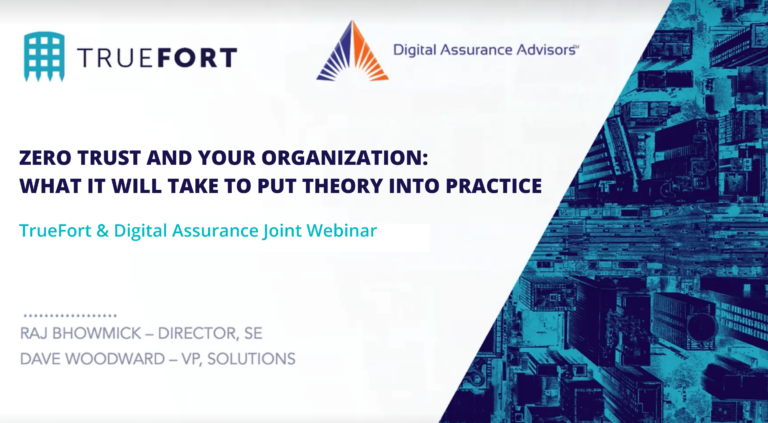TRUEFORT SOLUTION
Health Insurance Portability and Accountability Act [HIPAA]
The HIPAA cybersecurity framework governs the usage of personal health information in the US, addressing the challenges in recognizing and managing the Protected Health Information environment (PHI). The Health Insurance Portability and Accountability Act (HIPAA) provides a framework to guide healthcare organizations in achieving compliance, addressing the intricate nature of data centers and cloud infrastructure
Protecting personal health information and ensuring compliance
- Access Control: Implementing robust access control measures with zero trust is made simple to ensure that only authorized individuals and applications can access PHI data
- Monitoring and Auditing: TrueFort Platform delivers continuous monitoring and auditing of systems handling PHI to detect and respond to potential security incidents
- Incident Response: Real-time analysis and forensic timeline to ensure timely response to any security incident, protecting the critical personal data of providers and patients
- File Integrity Assurance: Continuously track and validate the integrity of system and application files against a trusted baseline to detect unauthorized changes
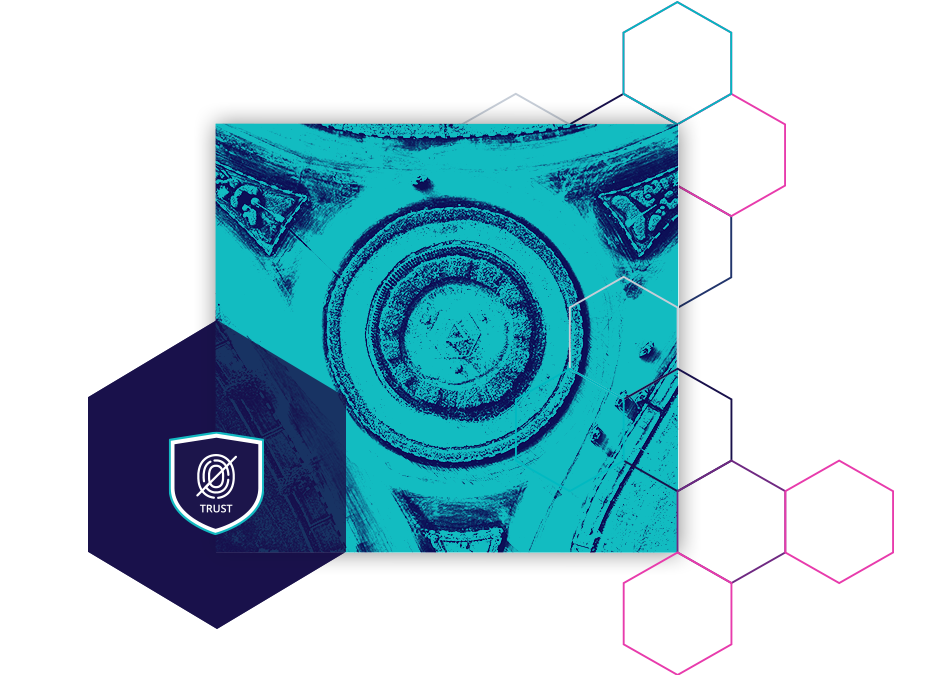
Protecting workloads by knowing and controlling your environment

Benchmarking with machine learning
TrueFort machine learning identifies authorized command and service account activity. Deviations from approved patterns could signal a potential violation of HIPAA compliance

Real-time environment representation
Achieve complete insight into applications, dependencies, and workload behavior - monitoring user activity, network flow, and system events to see actions in real-time

Prompt and actionable alerting
TrueFort's real-time alerts swiftly inform security teams of potential vulnerabilities, aiding in mitigating zero-day threats and enabling prompt, accurate action
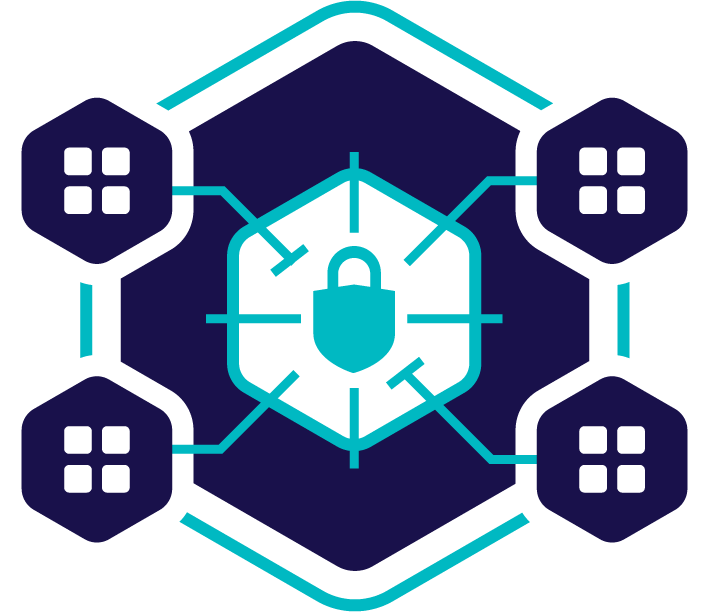
World-leading granular segmentation
Isolating workloads and controlling behavior via microsegmentation helps to contain attacks, preventing lateral spread across an environment before it reaches PHI data
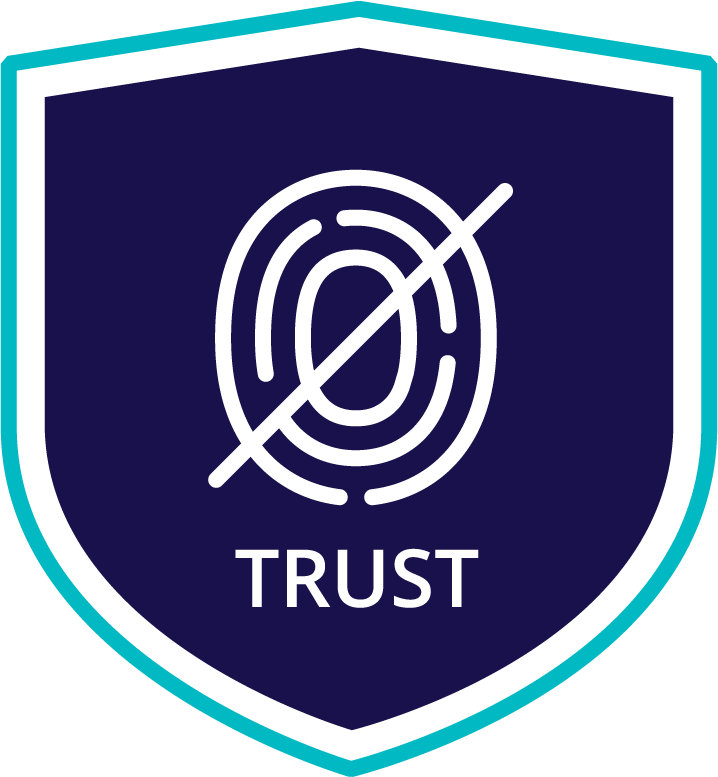
Essential zero-trust security
Profile applications and service accounts, define acceptable workload behavior. Verify all actions to avert compromised insiders and assets in data center or cloud environments
FAQ
HIPAA compliance refers to adhering to the standards set forth in the Health Insurance Portability and Accountability Act of 1996. This U.S. federal law mandates the protection and confidential handling of protected health information (PHI).
It applies to covered entities like healthcare providers, health plans, and healthcare clearinghouses, as well as their business associates. Compliance involves implementing physical, technical, and administrative safeguards to secure PHI, following specific procedures for its use and disclosure, and ensuring patient rights regarding their health information. Regular training, risk assessments, and maintaining proper documentation are also key aspects of maintaining HIPAA compliance.
HIPAA compliance is required for:
Covered Entities: This includes healthcare providers (doctors, clinics, psychologists, dentists, chiropractors, nursing homes, pharmacies), health plans (health insurance companies, HMOs, company health plans, government programs like Medicare and Medicaid), and healthcare clearinghouses that process nonstandard health information into a standard format.
Business Associates: These are individuals or entities that perform certain functions or activities involving the use or disclosure of protected health information on behalf of, or provide services to, a covered entity. Examples include billing companies, claims processing companies, attorneys, IT providers, and consultants who have access to PHI.
Both groups must comply with HIPAA’s regulations to protect the privacy and security of health information.
HIPAA compliance is enforced primarily by the U.S. Department of Health and Human Services (HHS), particularly through its Office for Civil Rights (OCR).
The OCR is responsible for investigating complaints, conducting compliance reviews, and providing education and outreach to foster compliance. In some cases, other federal agencies, like the Centers for Medicare & Medicaid Services (CMS), may also play a role in enforcement, especially in areas related to health insurance and transactions. Additionally, state attorneys general have the authority to enforce HIPAA and can bring civil actions on behalf of state residents.
HIPAA compliance is crucial for several reasons:
- Protects Patient Privacy: It ensures the confidentiality and privacy of patients’ health information.
- Enhances Trust: Compliance builds trust between patients and healthcare providers.
- Improves Healthcare Quality: Secure and private handling of health information can lead to better patient care.
Legal Requirement: Non-compliance can result in significant legal and financial penalties. - Prevents Data Breaches: Compliance helps in safeguarding against unauthorized access or leaks of sensitive health data.
- Maintains Industry Standards: It ensures that healthcare entities adhere to standardized practices for handling health information.
In cybersecurity, PHI stands for Protected Health Information. It refers to any information in a medical record that can be used to identify an individual and that was created, used, or disclosed in the course of providing a healthcare service, such as a diagnosis or treatment.
PHI includes a wide range of identifiers, such as names, social security numbers, addresses, and medical records, and it is protected under the Health Insurance Portability and Accountability Act (HIPAA) to ensure privacy and security in healthcare settings. Safeguarding PHI is a critical aspect of cybersecurity in healthcare.
Resources
